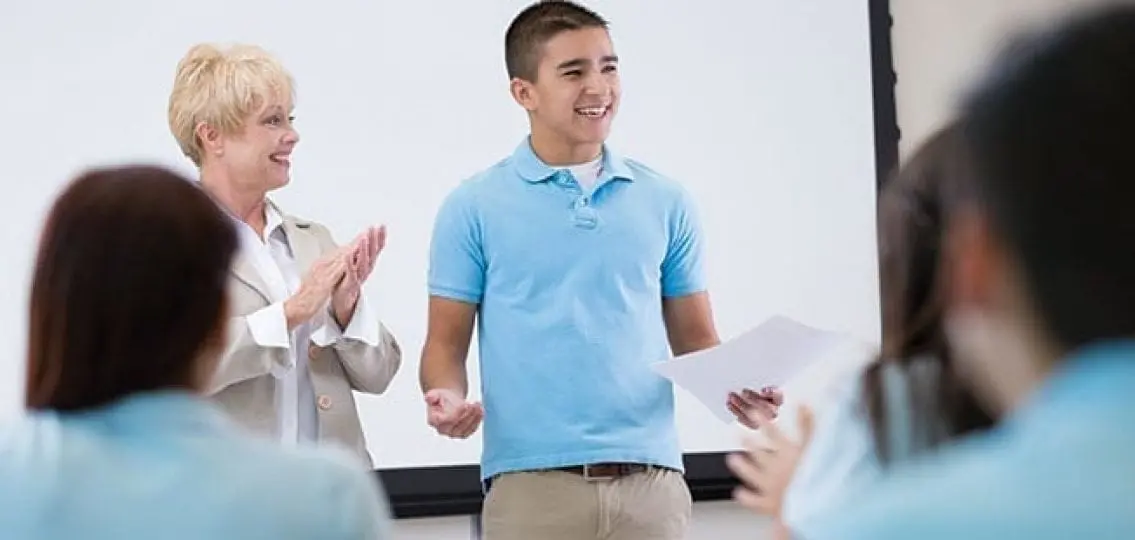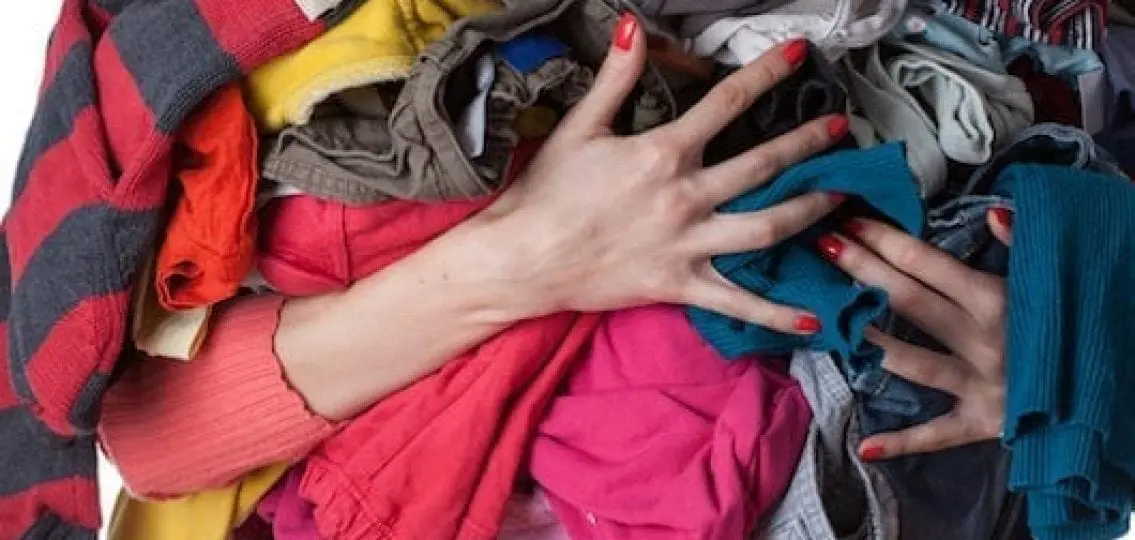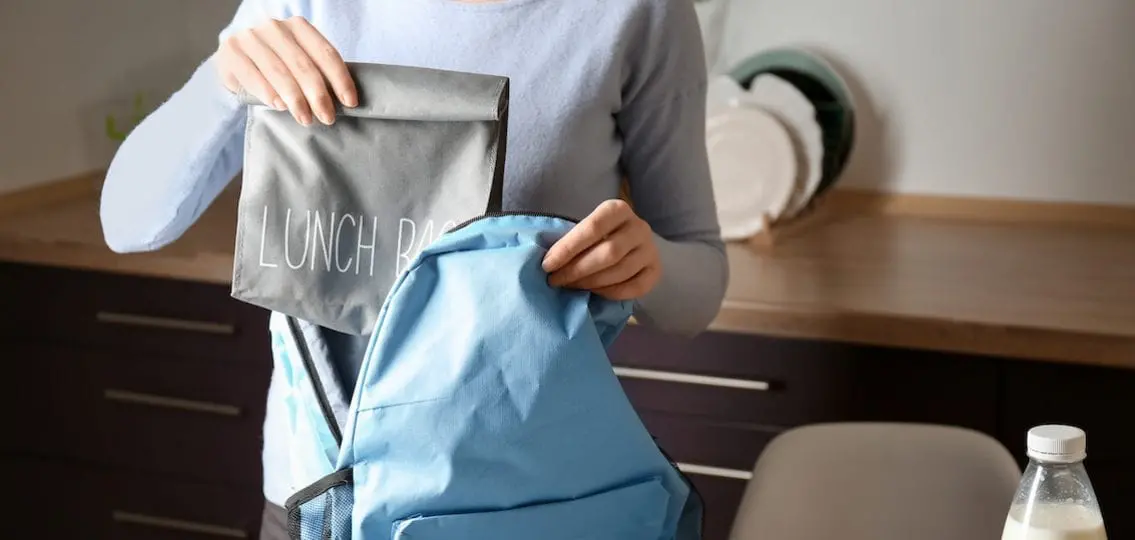I have a confession to make. Even though I knew I should help them transition to adulthood, I enabled my kids when they were in high school.

When they were little, there were some big kid skills that I was adamant that my children learned, like swimming. And when they were in preschool, I refused to buy them slip-on shoes until they had mastered tying their own shoes—tearful and late mornings notwithstanding. I was on a mission.
So what happened when they hit high school? Well, it was more important to me that they went to the doctor than it was that they learned how to schedule their own appointments. It was more efficient (and tastier) for me to cook meals than it was to have them do it. It was less of a hassle to do the errands myself than to send my kids. And it was less stressful to deliver the assignment, basketball shoes, or snack than it was to let them learn from their mistakes.
The Parenting Paradox—We Want Them to be Independent, But . . .
A poll conducted by the C.S. Mott Children’s Hospital suggests that my experience is not unique. Even though all parents believe it’s important for their children to become independent as they transition to adulthood, we don’t always hand off the responsibilities of adulthood so readily.
For instance, it seems that the importance of learning from one’s mistakes is more important in theory than in reality.
According to the poll, 95 percent of parents recognize that it is important for teens to make mistakes. At the same time, 86 percent of parents feel that they should get involved and help teens avoid making mistakes that are too serious.
Of course, it is parental nature to protect our children and keep them out of harm’s way. Every one of us would turn off or unplug a hot appliance that they accidentally left on, for instance. But when we bring a forgotten lunch or intervene with a teacher when an assignment is turned in late, then we are denying our teens important learning experiences that help them start to develop teenage independent living skills.
Parents also seem conflicted when it comes to whether they believe they’re helping their teens gain the experiences they need. Eighty-seven percent of parents feel satisfied that they are doing enough to prepare their teen for adulthood, but these same parents also responded that their teens are not able to manage basic responsibilities.
So what are some things teens need to know? The poll identified eight tasks that teens should be able to perform independently. Here they are, along with the percent of parents surveyed who believe their teens can complete the task:
Independent Living Skills For Teens
- Make appointments with a doctor (8 percent)
- Take correct dose of medication (25 percent)
- Eat healthy foods (41 percent)
- Save money for the future (46 percent)
- Handle minor injuries (49 percent)
- Earn money for extras (63 percent)
- Get enough sleep (65 percent)
- Keep track of assignments (83 percent)
Many of us clearly don’t have confidence in our kids’ abilities to handle responsibilities, especially when it comes to health and wellness.
Parenting to Encourage the Transition to Adulthood
So what’s keeping our teens from being ready for adulthood? Sixty percent of parents believe immaturity, time constraints, or lack of knowledge are the main barriers to teen independence. But 25 percent of parents acknowledge that they are the main reason why their teen isn’t more independent. After all, it’s so much easier, and more efficient, to do things for them.
Adolescence is about developing the skills and acquiring the knowledge our children will need as adults. As a parent, I need to provide opportunities for my teens to get the knowledge and the skills for independence rather than doing things for them. Just like I did when they were little and told them, “We’re not leaving until you tie your shoes,” I’ve got to say, “You’re not going out until you call the doctor.”

Along with some tough love and nagging, we can also break down tasks into smaller steps that will help them transition to the next stage of their lives: responsible and independent adults. Even though it is time-consuming and annoying, parents must stop delaying growth by doing things for our teens. Instead, we need to focus our parenting efforts on stepping back and being mentors who encourage and support their maturation.
Let’s not lose sight of the end game. One day, I’ll have adult children who will know how to take care of themselves and will also be able to tie my shoes for me—and those will be the real glory days.





